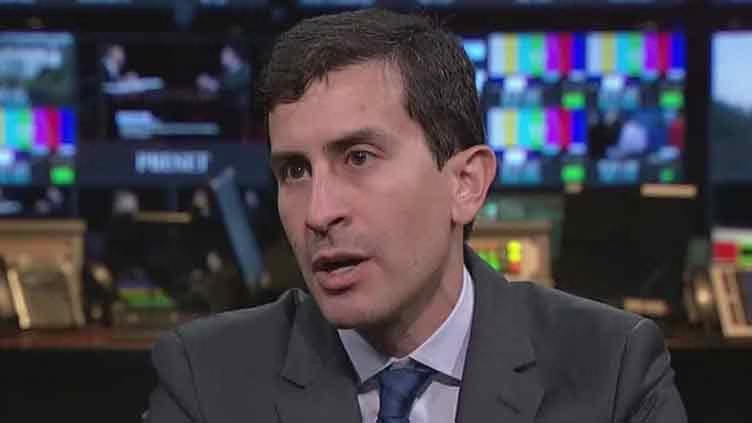Daniel Castro, Vice President of the Information Technology and Innovation Foundation (ITIF), recently spoke to a select group of journalists in Islamabad about the severe implications of internet restrictions in Pakistan. Castro described these disruptions as a “puzzle” and an “anomaly,” noting the paradox of a digitally advanced economy undermining its own progress by taking people offline. He emphasized that while shutdowns might offer short-term political stability, the long-term economic costs far outweigh any temporary benefits.
Castro highlighted the significant negative impact these restrictions have on economic growth, employment opportunities, and the potential for better wages. He likened internet shutdowns to shutting down roads or ports, stressing the importance of targeting harmful content specifically rather than imposing blanket restrictions that affect all online activities.
He particularly pointed out the challenges faced by freelancers and online professionals in Pakistan, who struggle to earn global wages when unable to attend virtual meetings or deliver services due to slow or unreliable internet connections. Women running small home-based businesses are also greatly impacted, as platforms like Twitter, critical for customer engagement, are taken offline, directly affecting their revenue streams.
On a global scale, Castro discussed the growing trend of governments trying to balance internet freedom with control. He noted that some global companies are reconsidering investments in Europe due to regulatory challenges and are looking to other regions for growth opportunities. The rise of artificial intelligence (AI) is also influencing internet policies, as companies seek environments with better connectivity and access to talent.
In conclusion, Castro stressed the need to view the internet as a fundamental utility, comparable to roads and bridges, necessary for any form of development. He urged policymakers to recognize that without reliable internet access, economic progress is severely hindered.



